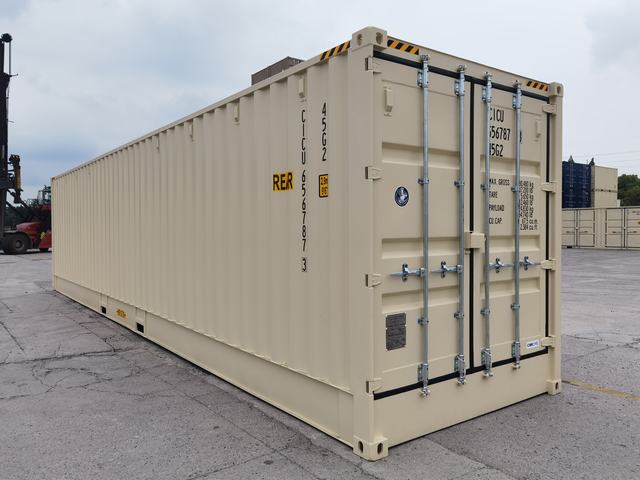Artificial Intelligence (AI) is rapidly transforming various sectors, and transportation is no exception. The advent of AI in transportation is set to revolutionize the way we commute, transport goods, and manage traffic. This article will delve into how AI will change the future of transportation, focusing on autonomous vehicles, traffic management, and logistics.
Autonomous Vehicles
One of the most significant impacts of AI on transportation is the development of autonomous vehicles. These vehicles use AI algorithms to navigate, make decisions, and operate without human intervention. They rely on sensors, cameras, and advanced machine learning algorithms to understand their surroundings and make safe and efficient decisions.
Autonomous vehicles have the potential to drastically reduce traffic accidents, most of which are caused by human error. They can also increase fuel efficiency and reduce emissions by optimizing routes and driving behavior. Moreover, autonomous vehicles can provide mobility solutions for those unable to drive, such as the elderly and disabled.
Traffic Management
AI can also play a crucial role in improving traffic management. By analyzing traffic data in real-time, AI can predict traffic congestion and suggest optimal routes to drivers, reducing travel time and improving road efficiency. AI can also be used to optimize traffic light timings, reducing unnecessary waiting times and improving the flow of traffic.
In addition, AI can help in predicting and managing traffic incidents. By analyzing historical data, AI can predict where accidents are likely to occur and suggest preventive measures. In the event of an accident, AI can help manage traffic flow to minimize disruption.
Logistics and Supply Chain
AI is set to revolutionize logistics and supply chain management. AI can optimize routes for delivery vehicles, taking into account factors such as traffic, weather, and delivery priorities. This can lead to significant cost savings and improved customer satisfaction.
AI can also improve inventory management by predicting demand and optimizing stock levels. This can reduce costs associated with overstocking and stockouts, and improve overall business efficiency.
In conclusion, AI holds immense potential to transform the transportation sector. From autonomous vehicles to traffic management and logistics, AI can improve efficiency, safety, and sustainability. However, it's important to address challenges such as data privacy, cybersecurity, and ethical considerations to ensure the successful implementation of AI in transportation.


